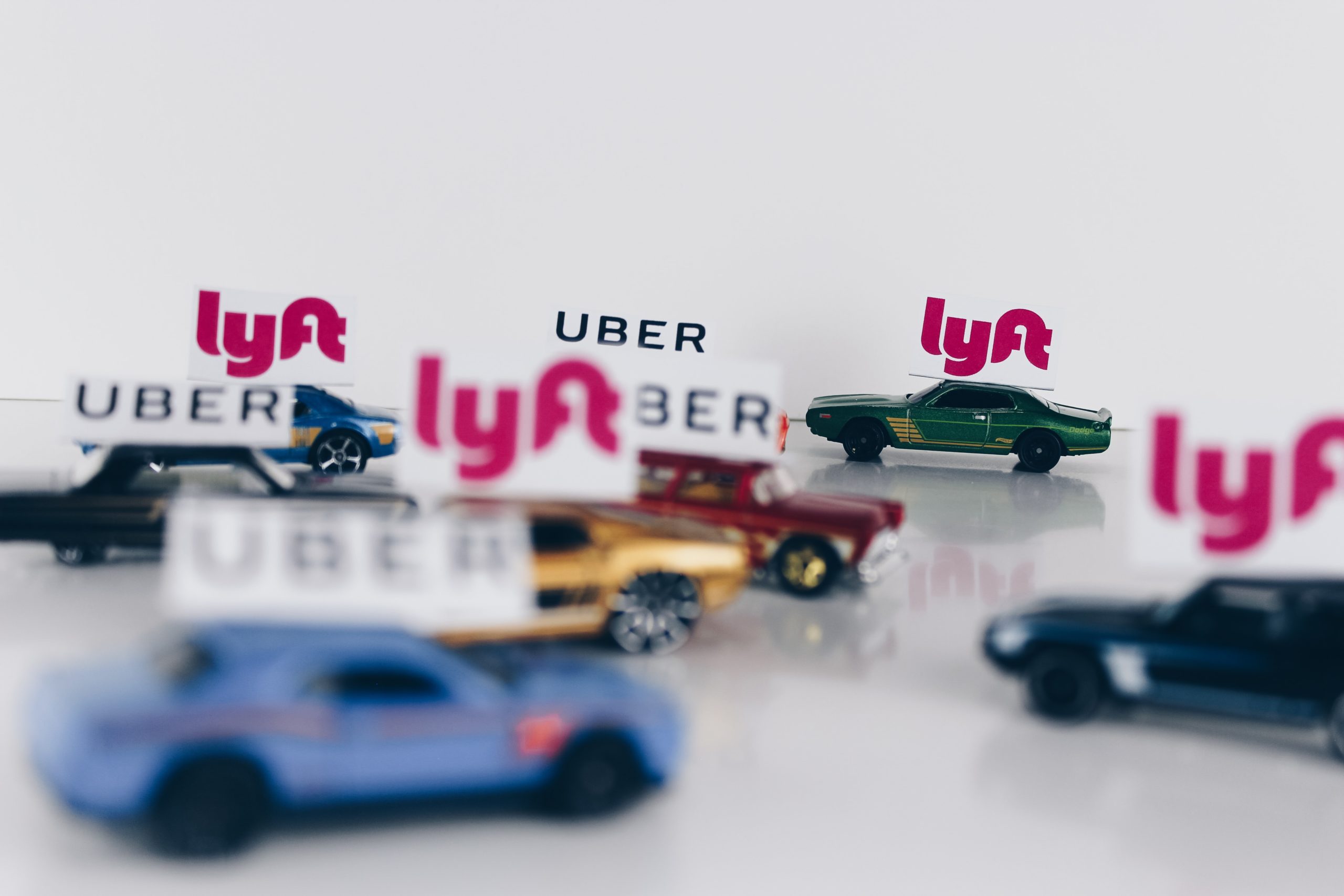A ballot measure backed by Uber and Lyft is now the most expensive in California history
Summary
As Uber and Lyft continue to battle with regulators over the employment status of drivers, they’re going directly to California voters with a costly campaign to keep front-line workers classified as independent contractors. Gig companies Uber, Lyft, DoorDash, and Instacart […]

As Uber and Lyft continue to battle with regulators over the employment status of drivers, they’re going directly to California voters with a costly campaign to keep front-line workers classified as independent contractors.
Gig companies Uber, Lyft, DoorDash, and Instacart have together spent at least $170 million to back Proposition 22. The ballot measure would essentially exempt rideshare and delivery workers from the California labor law known as AB5, which went into effect this year and makes it harder for companies to classify workers as independent contractors.
That brings total contributions for the Prop 22 ballot question (including just under $10 million devoted to its defeat) to $192 million as of Sept. 16, making it the most expensive ballot initiative in California history, according to nonprofit site Ballotpedia.
Read the rest of this story on qz.com. Become a member to get unlimited access to Quartz’s journalism.
As Uber and Lyft continue to battle with regulators over the employment status of drivers, they’re going directly to California voters with a costly campaign to keep front-line workers classified as independent contractors.
Gig companies Uber, Lyft, DoorDash, and Instacart have together spent at least $170 million to back Proposition 22. The ballot measure would essentially exempt rideshare and delivery workers from the California labor law known as AB5, which went into effect this year and makes it harder for companies to classify workers as independent contractors.
That brings total contributions for the Prop 22 ballot question (including just under $10 million devoted to its defeat) to $192 million as of Sept. 16, making it the most expensive ballot initiative in California history, according to nonprofit site Ballotpedia.
Sonoma State University political science professor David McCuan says that when companies get involved in ballot questions, they usually aim to defeat or block initiatives, rather than go on the offense. For instance, oil companies in 2006 spent more than $94 million in California to successfully defeat a proposed oil-extraction tax. In 2015, drug companies spent over $23 million to squash a state ballot measure aimed at slashing drug prices.
Deep-pocketed corporate opponents to ballot initiatives usually succeed. Of the five most expensive ballot initiatives in California to date, only one–a package of propositions which sought to expand Native American Indian gambling enterprises in the state–got a majority “yes” vote, according to Ballotpedia.
The fact that Uber and Lyft are going on the offensive, and trying to get voters to side with them in support of a ballot proposal, speaks to what’s at stake.
Keeping drivers classified as independent contractors allows ride-hailing and delivery companies to avoid paying benefits that are guaranteed to employees. If Uber and Lyft were to re-classify drivers as employees, it could raise labor costs for them by 20% to 30%, according to various estimates. Uber has said the price of rides would go up, and that the shift in employment classification could reduce its fleet of drivers.
Prop 22 “has become a proxy war for the future of labor and the future of what the economy looks like” in California, McCuan says.
What Prop 22 would do
A “yes” on Prop 22 would preserve drivers’ independent status while making them eligible for limited healthcare subsidies and accident insurance, as well as some modified benefits, including having 120% of the minimum wage applied to their “engaged” time (defined as the time between accepting a ride request and completing the trip).
The campaign advertising is starting to flood the airwaves, social media, and mailboxes in California, pushing the narrative that drivers want the flexibility that their independent-contractor status allows.
Courtesy of David McCuan
Drivers also have been receiving messaging on Prop 22, in emails and on the apps. One of the in-app messages a Lyft driver received said: “We want to protect your job.” An email received this week by a different Lyft driver warned that if Prop 22 doesn’t pass, that could lead to set shifts, flat wages, limits on when they can drive, and a likely decrease in drivers.
“Uber and Lyft are just exaggerating the importance of flexibility, given that you can only drive when there’s demand for rides,” says Michael Reich, a professor of economics and chair of the Center on Wage and Employment Dynamics at the University of California, Berkeley.
If forced to reclassify, the company will still need part-time drivers to work during the late-afternoon rush hour and late in the evening, he adds. Reich also challenges the companies’ claims that independent-contractor status is preferred by drivers, when they’ve never actually been given the choice.
The potential power of a direct appeal
Thanks to their platforms, Uber and Lyft can be in constant contact with workers, and with customers; they can use their apps to push social media campaigns to mobilize people against regulations. When Uber threatened to leave California after a judge ordered it to comply with AB5, the company notified customers about the potential shutdown, as well as its commitment to helping drivers get access to new benefits and protections via Prop 22.
A Pew Research survey from last year found that a third of Americans have a negative view of tech companies, and the sector is certain to come under more scrutiny from regulators and politicians. If Uber and Lyft were to win on Prop 22, it could have important lessons for the industry as a whole, about the value of going on the offense and pleading their case directly with voters.